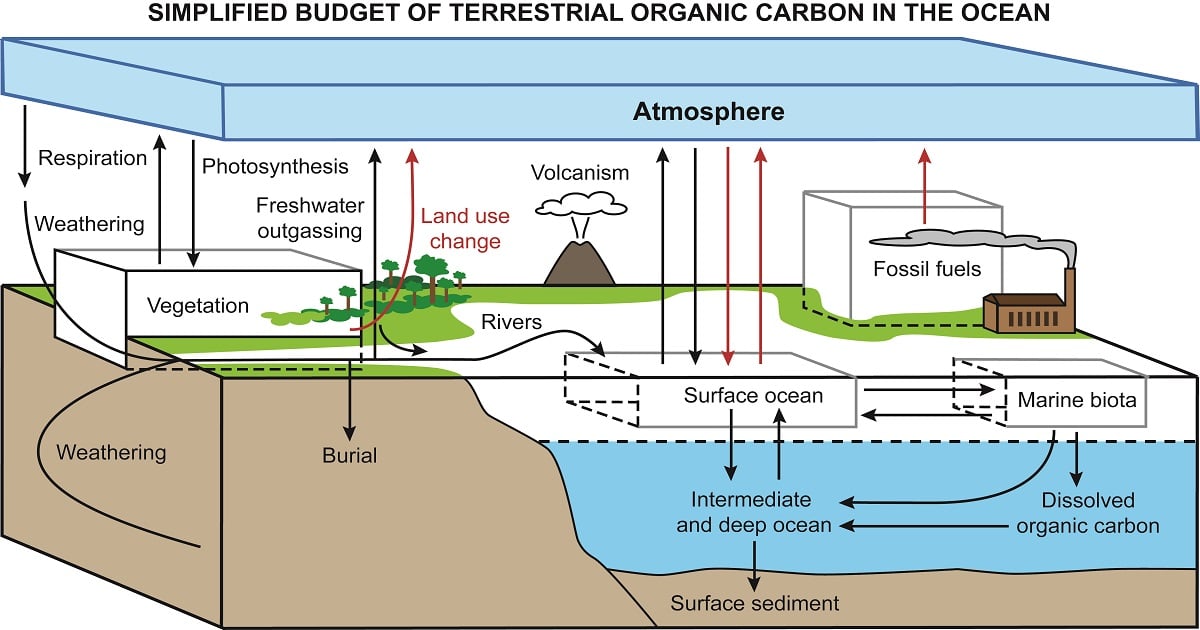Chemical Oceanography Reviews
A special issue of Journal of Marine Science and Engineering (ISSN 2077-1312). This special issue belongs to the section "Chemical Oceanography".
Deadline for manuscript submissions: closed (28 February 2023) | Viewed by 2699

Special Issue Editor
Interests: mangrove ecology; coastal biogeochemistry; energetics of tropical coastal ecosystems; marine environmental change; coastal ecology and biogeochemistry
Special Issues, Collections and Topics in MDPI journals
Special Issue Information
Dear Colleagues,
This Special Issue of Journal of Marine Science and Engineering (JMSE) aims to provide an open access forum for peer-reviewed review papers on current and emerging issues of interest in the field of chemical oceanography. Emphasis for this Topical Collection will be placed on scholarly research that advances our knowledge and understanding of marine chemical processes, including acidification, biogeochemical and geochemical cycles, carbonate chemistry, chemistry of organic compounds, and organic and inorganic contaminants. We invite researchers and their colleagues to contribute review papers on the state of knowledge, new developments as well as recommendations for future research in aspects of marine chemistry, including impacts of climate change and increasing pollution problems in the global ocean.
Manuscripts submitted to JMSE should neither be published previously nor be under consideration for publication in another journal. JMSE has no restrictions on the length of manuscripts, provided that the text is concise and comprehensive. The quality and impact of submissions will be evaluated in a peer review process.
Types of articles considered (https://www.mdpi.com/journal/jmse/instructions) include reviews and systematic reviews, providing concise and precise updates on the latest progress made in their area of research.
Dr. Daniel M. Alongi
Guest Editor
Manuscript Submission Information
Manuscripts should be submitted online at www.mdpi.com by registering and logging in to this website. Once you are registered, click here to go to the submission form. Manuscripts can be submitted until the deadline. All submissions that pass pre-check are peer-reviewed. Accepted papers will be published continuously in the journal (as soon as accepted) and will be listed together on the special issue website. Research articles, review articles as well as short communications are invited. For planned papers, a title and short abstract (about 100 words) can be sent to the Editorial Office for announcement on this website.
Submitted manuscripts should not have been published previously, nor be under consideration for publication elsewhere (except conference proceedings papers). All manuscripts are thoroughly refereed through a single-blind peer-review process. A guide for authors and other relevant information for submission of manuscripts is available on the Instructions for Authors page. Journal of Marine Science and Engineering is an international peer-reviewed open access monthly journal published by MDPI.
Please visit the Instructions for Authors page before submitting a manuscript. The Article Processing Charge (APC) for publication in this open access journal is 2600 CHF (Swiss Francs). Submitted papers should be well formatted and use good English. Authors may use MDPI's English editing service prior to publication or during author revisions.
Keywords
- acidification
- biogeochemistry
- carbonate chemistry
- geochemistry
- contaminants
- organic chemistry
- inorganic chemistry
- marine chemical processes
Benefits of Publishing in a Special Issue
- Ease of navigation: Grouping papers by topic helps scholars navigate broad scope journals more efficiently.
- Greater discoverability: Special Issues support the reach and impact of scientific research. Articles in Special Issues are more discoverable and cited more frequently.
- Expansion of research network: Special Issues facilitate connections among authors, fostering scientific collaborations.
- External promotion: Articles in Special Issues are often promoted through the journal's social media, increasing their visibility.
- Reprint: MDPI Books provides the opportunity to republish successful Special Issues in book format, both online and in print.
Further information on MDPI's Special Issue policies can be found here.





